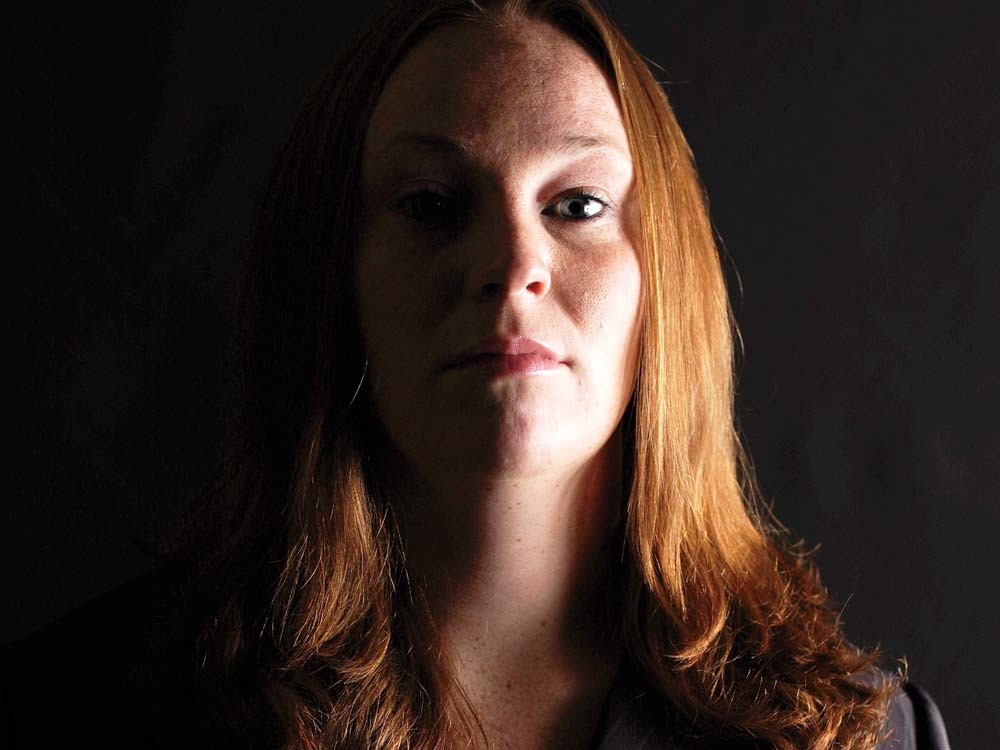A bill in the Washington Legislature that seeks to abolish the practice of automatically sending certain teenage criminals into adult court has garnered impressive support as it passed out of committee on Tuesday.
State Rep. Mary Lou Dickerson, D-Seattle, introduced House Bill 1289, a bold proposition that would dismantle the practice known as “automatic declination.” Under auto-decline provisions, 16- and 17-year-olds are automatically tried as adults if they are charged with certain crimes — typically, violent crime.
At a hearing before the House Early Learning and Human Services Committee last week, judges lined up in support of Dickerson’s bill. The bill requires that any minor arrested for serious crimes get a hearing to determine which court, adult or juvenile, gets jurisdiction.
The state Sentencing Guidelines Commission, though noting its vote was split 6-4, also sent a letter of support.
Prosecutors testified against the bill, arguing that hearings are expensive and time-consuming and that the auto-decline system has worked well since its passage in the mid-1990s when Washington, like many states, was caught up in a wave of media coverage about school shooters and violent street gangs.
In recent years, studies have emerged to show adult incarceration for teens creates kids who commit more — and more violent — crimes, and that teenage brains are less developed than adult brains, especially in the areas of impulse control and understanding consequences.
The U.S. Supreme Court has cited this brain research at least twice in decisions not to sentence people convicted as minors with either the death penalty or life without parole.
Dickerson has long advocated reform of the auto-decline laws. She says she was moved to create the bill after reading one of The Inlander’s Injustice Project stories, “Kid Crime, Adult Time.”
Kitsap County Prosecutor Russell Hauge was one of several to testify against the bill, arguing that “safety valves” do exist to divert teens to the juvenile system where appropriate.
“These are the kids we’ve taken our best shot with, kids who are at the end of their juvenile lives anyway. We are talking about 16- and 17-year-olds who have committed the most serious crimes,” Hauge testified.
Superior Court Judge Steven Warning of Cowlitz County, countered that proper placement of young criminals is better determined in a hearing, not unilaterally by the prosecution.
“The basic notion is that before you take a 16-year-old and put him in the adult system, it’s important to know a little about him,” Warning says.
Starcia Ague, one of the four people whose stories we told in “Kid Crime,” made the same point at the hearing.
“I had six Class A felonies pending against me at age 15 1/2,” she told the committee. “I had a decline hearing and thank goodness the juvenile system kept jurisdiction over me. Had they not, I don’t think I’d be where I’m at today. I don’t think I’d have been rehabilitated. I don’t think I’d be a youth advocate testifying before you today.”
The system should not speed kids into adult prisons where they are less likely to be rehabilitated, she says.
Ague served a “juvenile life” sentence from 15 1/2 to 21, has graduated from Washington State with a degree in criminal justice and is now working as a justice researcher for the University of Washington.




















